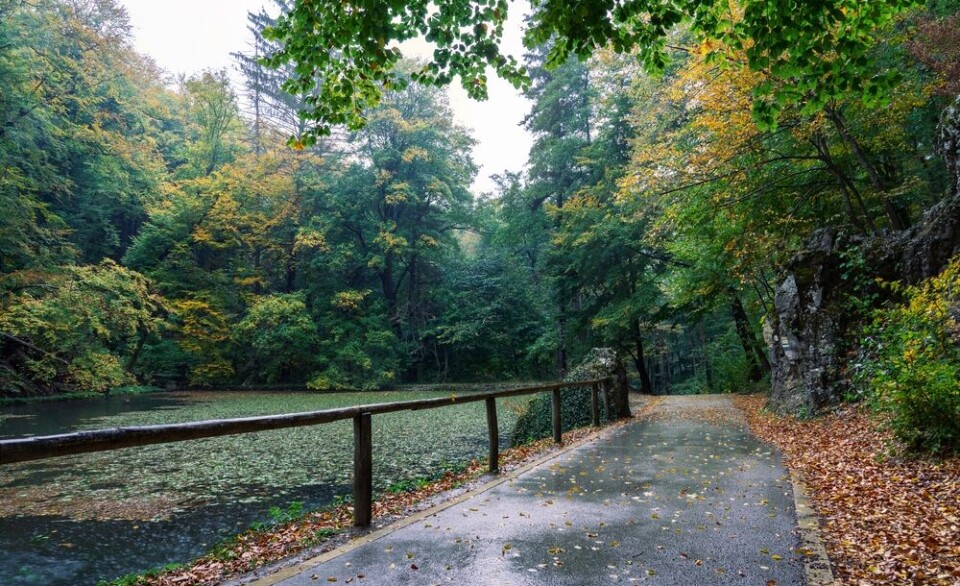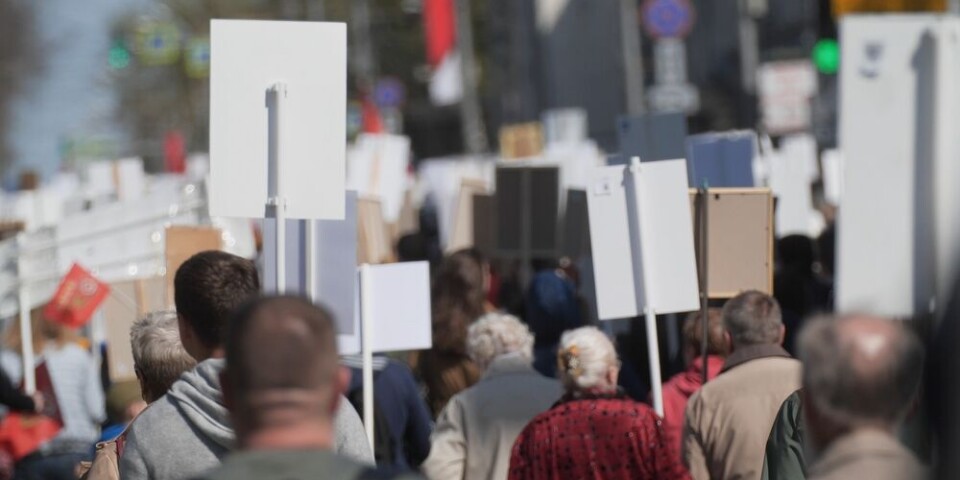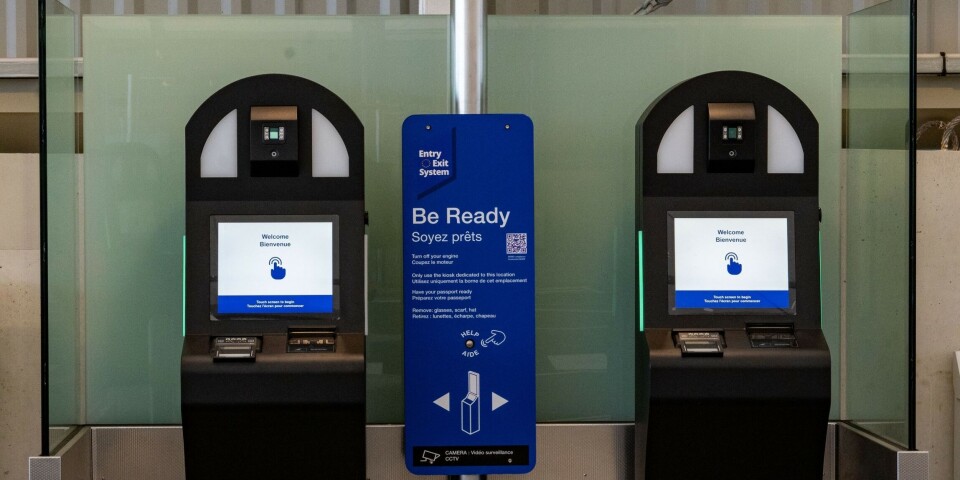-
Death charges claimed by French banks to be restricted
New law passed by the Senate in early summer
-
Electric bike popularity in France opens way for new insurance deals
Number in country rockets as theft policies evolve
-
What is France’s ‘intime conviction’ legal concept used to reach verdict in Cédric Jubillar trial?
Unique approach to murder trial without a body that transfixed France
France introduces Covid tests for ‘at risk’ airport arrivals
Travellers arriving by air into France from at-risk countries will now be “systematically” tested for Covid-19 upon arrival, the French government has announced.

Up to 2,000 PCR (polymerase chain reaction Covid-19) tests per day could be performed in French airports by around 40 dedicated staff, new government spokesperson Gabriel Attal said this Sunday (July 12) on the television programme BFM Politique in partnership with newspaper Le Parisien.
The tests will only be in place for passengers arriving into France from countries in which the virus is still circulating, he said. These countries are considered to be “red” or “at-risk”.
The tests will be free, health minister Olivier Véran said.
Si vous revenez d'un pays à risque, vous pouvez vous faire tester gratuitement et directement dans les aéroports parisiens. 40 personnes de l'@APHP et de l'@ARS_IDF s'y relaient tous les jours 🙏 pic.twitter.com/CdmNeCO0U8
— Olivier Véran (@olivierveran) July 12, 2020
Mr Attal said: “We have announced today that we will systematise tests at the airport for travellers arriving from so-called ‘red countries’, meaning countries where the virus is circulating the most.”
These ‘red countries’ are thought to be those listed on a new government decree - published in the Journal Officiel on Saturday July 11 - in which the virus is still deemed to be circulating at dangerous levels.
In France, the list includes the overseas territories of French Guiana and Mayotte. Elsewhere, all countries are on the list, except for those in the European Union and around a dozen others that have been deemed safe for travel, including Switzerland, Morocco and Canada.
There are still some countries - such as the US - from which all travel is still banned, test or no test.
Read more: When will Americans be able to travel to France?
Read more: The non-EU borders now open
Read more: Europe confirms list of non-EU borders open from July 1
Travellers that were tested in their country of departure before getting on their flight will not be required to take a second test upon arrival in France, but they will be required to show proof of a negative test.
Mr Attal added: “For [arrivals from] countries where the virus is not circulating more than in France, there is no reason to have additional measures, even though everyone should be careful when they arrive in the country.”
Health minister Mr Véran had already announced the testing plans on Friday, but said that the eventual aim was to use saliva tests (instead of PCR tests). These are currently “in the process of being bought”, he said.
Saliva tests are less invasive than PCR tests, as the latter require deep samples to be taken, using a long cotton-bud like tool, either from deep within the nasal cavity or from the throat.
Travel within the EU - including the UK - has been permitted since June 15 - with certain restrictions on a country-by-country basis.
Travel to France from outside the EU has been permitted since July 1, but only from countries that appear on the permitted list - which are deemed to have the virus under control. These include Canada, New Zealand, Japan and Montenegro, but notably not the US.
Related stories
What's happening with France-UK air bridge and quarantine?
EU external borders now open to some countries, but not US
EU launches new travel info site as borders begin to open
Stay informed:
Sign up to our free weekly e-newsletter
Subscribe to access all our online articles and receive our printed monthly newspaper The Connexion at your home. News analysis, features and practical help for English-speakers in France
























